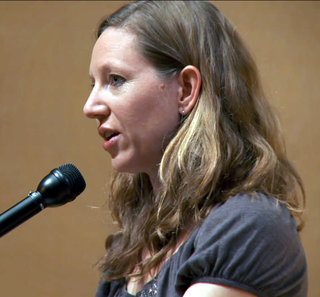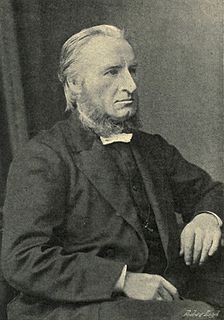A Quote by Greil Marcus
What’s the impulse behind art? It’s saying in whatever language is the language of your work, “If I could move you as much as it moved me … if I can move anyone a tenth as much as that moved me, if I can spark the same sense of mystery and awe and surprise as that sparked in me, well that’s why I do what I do.”
Related Quotes
Dr. Adler had instructed me to always say whatever I was thinking, but this was difficult for me, for the act of thinking and the act of articulating those thoughts were not synchronous to me, or even necessarily consecutive. I knew that I thought and spoke in the same language and that theoretically there should be no reason why I could not express my thoughts as they occurred or soon thereafter, but the language in which I thought and the language in which I spoke, though both English, often seemed divided by a gap that could not be simultaneously, or even retrospectively, bridged.
The thing is, I moved tons. I was in like nine schools by ninth grade, so I moved a ton of times when I was younger. As hard as that was growing up, it helped me in so many ways being an actress, because every year I was constantly changing who I was. I could be someone new. I wouldn't care if people judged me or didn't like me because, in the end, I knew I was probably going to move in a few months anyway.
I love language. It doesn't bother me that its effects are partial. To me that is very sanity-producing. It would be weird if the effects of language were more than partial, if your whole life existed within your texts. That would be much scarier to me than language being an inadequate tool to represent.
My earliest memory is having my grandfather, who was born in 1899, read the newspaper to me in a foreign language. I was utterly captivated by the fact that he took the time to read it to me. I didn't know what he saying, it was in a completely different language. I think it was in French. But I was just so honored that he was with me and talking to me. It's extraordinary that you know someone from that time, and also someone that's willing to give you the time of day, who's lived through so much.
It is just so satisfying to create work that is beyond the framework of language. I think for me that when I make art, I allow myself the opportunity to think with my hands as well. The thing about writing is that you're constantly grappling with every word, because it is removed from the consideration of words in many ways, it can just allow you to move through the art. I discover things in the act of making.


































